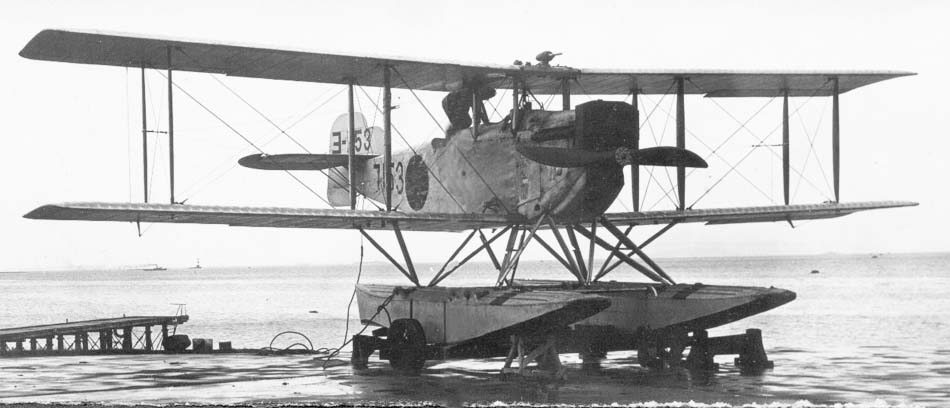
Russia (RUS)


Bloody Sunday, January 9 (22), 1905 in St. Petersburg - Part 1
What actually happened and why? How many were dead? Did Nicholas II give the order to fire? What started the "second" Russian revenge?
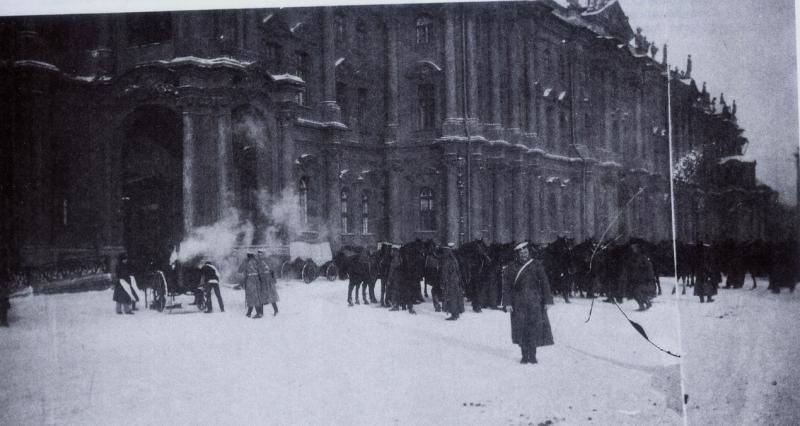
Bloody Sunday, January 9 (22), 1905 in St. Petersburg - Part 2
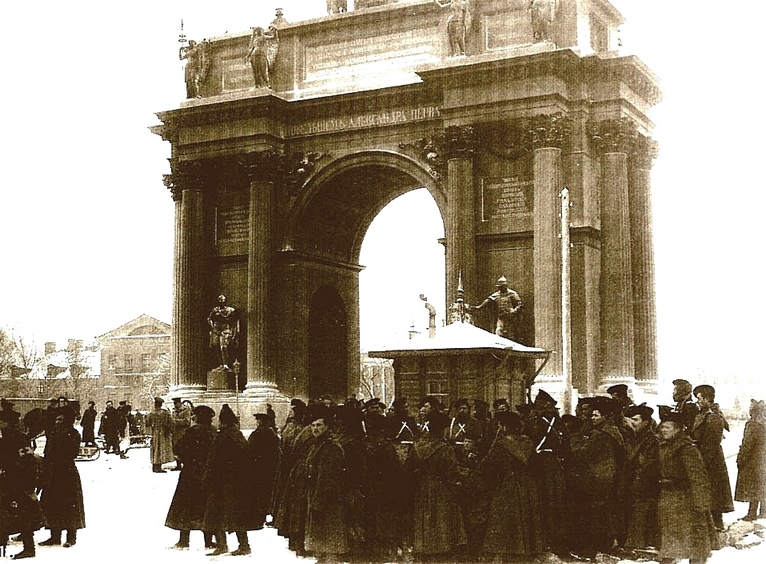
Bloody Sunday, January 9 (22), 1905 in St. Petersburg - Part 3
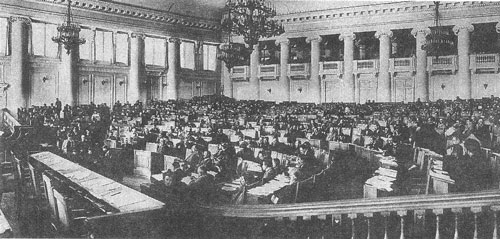
Bloody Sunday, January 9 (22), 1905 in St. Petersburg - Part 4
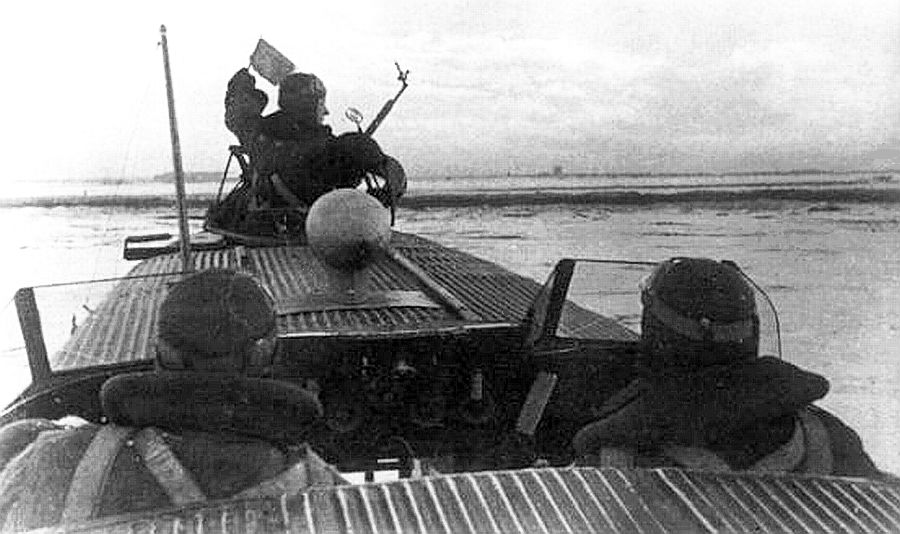
Chinese sky I
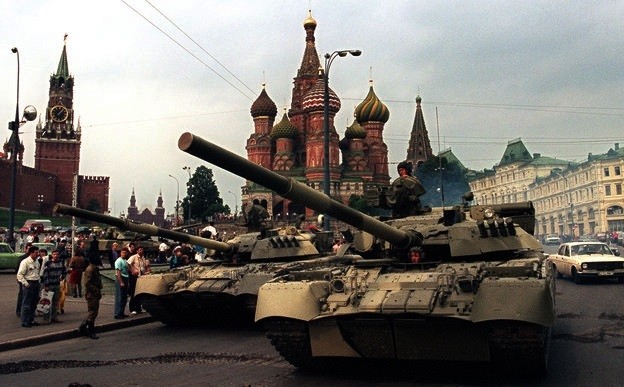
CIA against the Moscow coup
Neo-Stalinist attempt to reverse the future ways not only the USSR but the world failed.
On Sunday, August 18, 1991, a quarter of an hour before midnight, security adviser Brent Scowcroft called President George W. Bush at a summer residence in Kennebunkport, Maine: "I just listened to CNN. There is a coup in Moscow. They dismounted Gorbachev. He is said to have resigned for serious health reasons. The state committee for the state of emergency took over the leadership of the state. The eight-member body is headed by current Vice President Gennady Janayev, its members are KGB chairman Vladimir Kryuchkov, Prime Minister Valentin Pavlov, Interior Minister Boris Pugo, Defense Minister Dmitry Yazov and the head of the military-industrial complex Oleg Baklanov.

Defensive war of the USSR ? Part 1
Real Soviet plans to enter WWII and communist propaganda obscuring reality to this day. Controversy over the works of V. Suvorov

Defensive war of the USSR ? Part 2
Major General PG Grigorenko

Defensive war of the USSR ? Part 3
DRRA field regulations from 1939
Mines are a great thing, but they are a remedy for the weak, for those who defend themselves. We do not need mines, but means of demining
Marshal of the USSR G.I. Kulik, early June 1941

Defensive war of the USSR ? Part 4

Geopolitical aspects of Soviet aggression against Czechoslovakia in August 1968

Geopolitical aspects of Soviet aggression against Czechoslovakia in August 1968 - 1. Introduction

Geopolitical aspects of Soviet aggression against Czechoslovakia in August 1968 - 2. Theoretical foundations of the Soviet military

Geopolitical aspects of Soviet aggression against Czechoslovakia in August 1968 - 3rd Soviet Army in the 1960s
The dissertation focuses on the general context of the aggressive action of the five armies of the Warsaw Pact Organization towards Czechoslovakia in August 1968. Unlike historiographies of generally favored ideological contradictions, it seeks explanation of the whole event in the basic aspects of promoting the superpower interests of the Soviet Union, especially in the military-strategic field. However, the problem with processing is the lack of primary information sources, which are still subject to the strictest secrecy. In contrast, information is available, including theoretical analyzes of doctrinal issues in the professional press. Above all, however, it is possible to use information on the practical implementation of organizational and conceptual guidelines, which were based on doctrinal and strategic concepts. Due to the close interconnectedness of the armed forces of the Warsaw Pact Organization, the basic outlines of Soviet strategic concepts can also be observed from their application in Czechoslovak conditions. Given the apparent continuity of Soviet foreign and military policy from the 1930s to the 1980s, geopolitical aspects of active Soviet involvement on the international stage could be defined. The Soviet political and military leadership, regardless of the ideological rejection of the terms "geopolitics" or "life interests," was in principle guided by them. The work thus shows the significant interconnectedness of Soviet superpower ambitions, especially with the European, Mediterranean and Middle Eastern space.

Geopolitical aspects of Soviet aggression against Czechoslovakia in August 1968 - 4. Organization of the Warsaw Pact

Geopolitical aspects of Soviet aggression against Czechoslovakia in August 1968 - 5. Soviet interests and geopolitics

Preceding State Formations

Upper Territorial Units

Upper Territorial Units
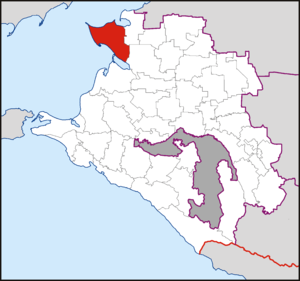
Upper Territorial Units

Districts

Cities and Villages

Industry

Military Objects
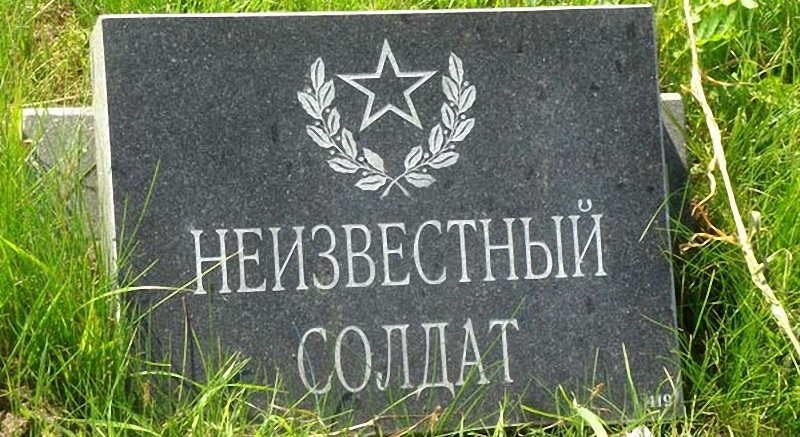
Military Cemeteries

Fortifications

Castles, Chateau, Strongholds

Museums
Join us
We believe that there are people with different interests and experiences who could contribute their knowledge and ideas. If you love military history and have experience in historical research, writing articles, editing text, moderating, creating images, graphics or videos, or simply have a desire to contribute to our unique system, you can join us and help us create content that will be interesting and beneficial to other readers.
Find out more